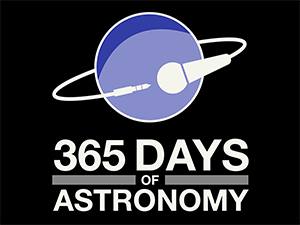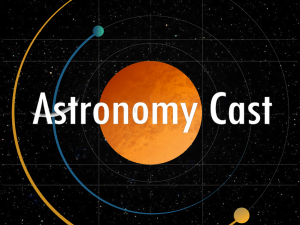
While our modern world certainly isn’t experiencing an ice age, there is definitely enough ice that I worry about what will happen as glaciers continue their modern habit of melting.
We are experiencing a warming period like nothing the Earth has experienced before, and as glaciers race toward the oceans, we often see accelerated melting at the interface between the ice and the sea. At least this is generally the case. New research highlighted by the American Geophysical Union finds that a particularly cold blob of water in the North Atlantic has been slowing the melt of Iceland’s glaciers since about 2011. New models show this cold blob, called the “Blue Blob” (really, it’s called the “Blue Blob”), this cold region should continue to slow ice loss until about 2050.
This region of water is about 1.4 degrees Celsius colder than the surrounding ocean and is able to chill the air above it. Lead researcher Brice Noel points out that: It’s crucial to have an idea of the possible feedbacks in the Arctic because it’s a region that is changing so fast. It’s important to know what we can expect in a future warmer climate.
As so often happens, this bit of good news isn’t without a dark side. The Blue Blob is in a region of the ocean experiencing a long-term cooling trend as the ocean circulation patterns change, and warm waters fail to travel north to warm the ocean and Europe. While the globe on average will warm, overall conditions will become more extreme, but if this means some more glaciers survive, at least there will be extreme weather in regions still above the sea.
More Information
AGU press release
“North Atlantic Cooling is Slowing Down Mass Loss of Icelandic Glaciers,” Brice Noël et al., 2022 January 24, Geophysical Research Letters



